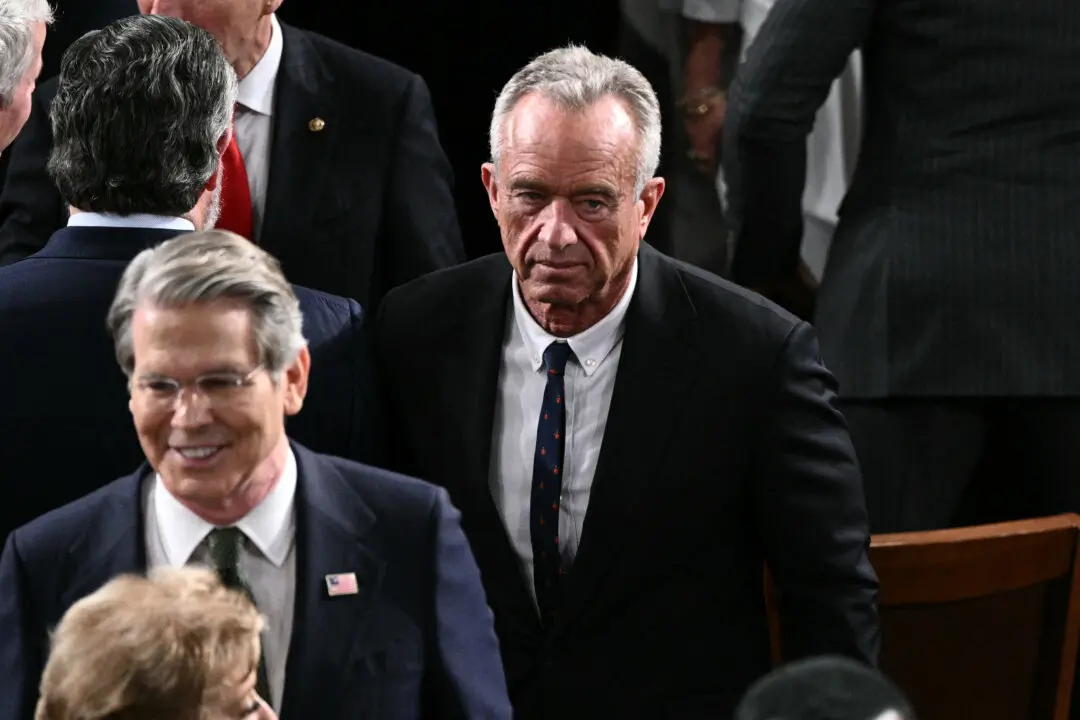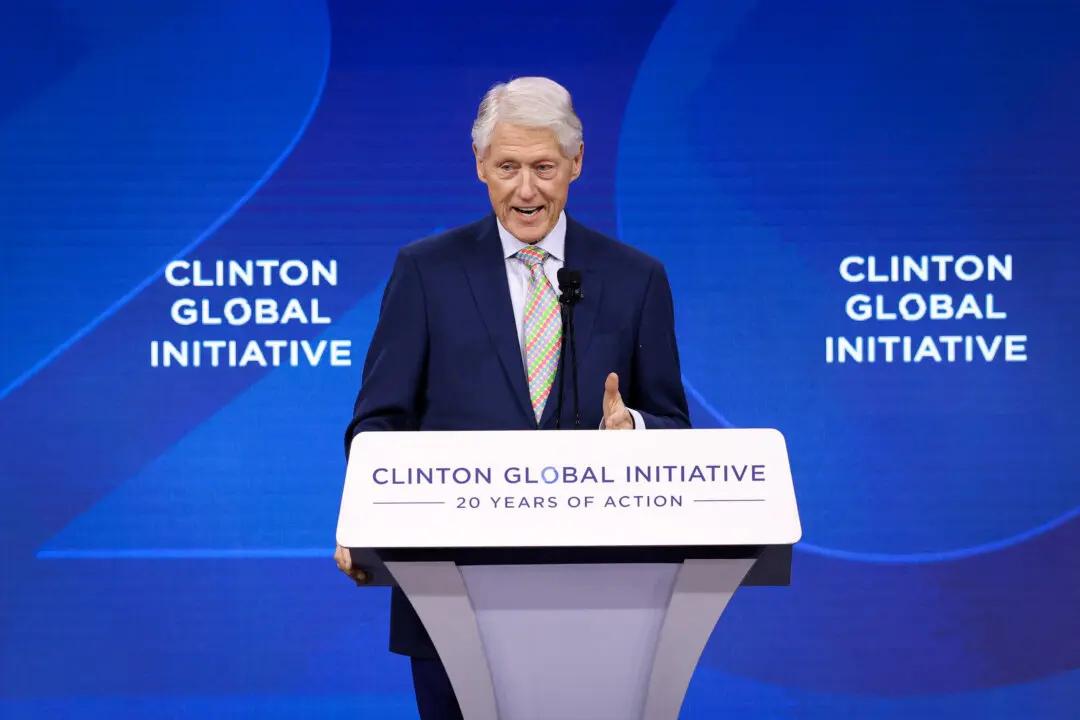The U.S. Supreme Court on Nov. 1 temporarily blocked Congress from obtaining former President Donald Trump’s tax returns.
Chief Justice John Roberts, a George W. Bush appointee, stayed an appeals court order that had ruled a congressional panel could gain access to the documents. The appeals court order was set to take effect on Nov. 3.





